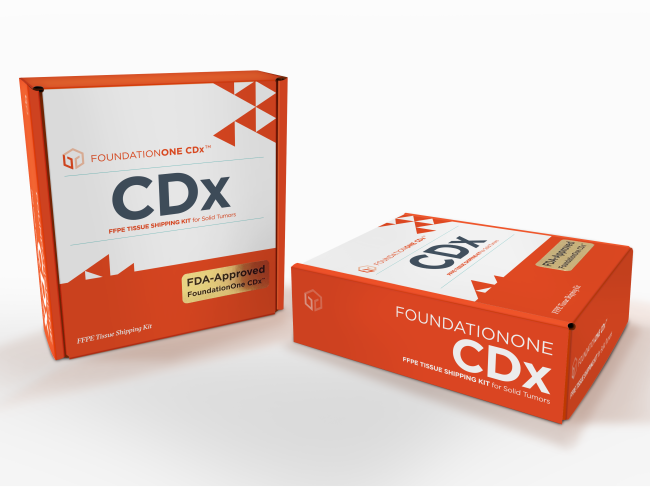CANCER DIGEST – Dec. 31, 2018 – Obesity-related cancer varies widely by state with the highest rate of 8.3 percent in the District of Columbia and the lowest rate of 5.9 percent in Hawaii according to a new American Cancer Society study.
Published in Dec. 27, 2018 JAMA Oncology, researchers led by Farhad Islami, MD, PhD, scientific director for Surveillance Research looked at cancer attributed to excess body weight among adults aged 30 and over between 2011 and 2015 in all 50 states and D.C.
Monday, December 31, 2018
Wednesday, December 26, 2018
Maintenance therapy prolongs remission, survival times for myeloma
CANCER DIGEST – Dec. 26, 2018 – A new study shows that patients with newly diagnosed myeloma have extended remissions and better survival when given ongoing therapy with the drug lenalidomide (Revlimid®) according to researchers.
Myeloma is a bone marrow cancer that results in over production of plasma cells resulting in a weakened immune system and interferes with normal production and function of red and white blood cells.
Saturday, December 15, 2018
Using artificial Intelligence to improve breast mammograms
 |
| The 3CB artificial analysis identified the areas of suspected cancer on the mammogram outlined in solid and dashed lines. Photo courtesy RSNA. |
In reality researchers are using artificial intelligence to see patterns that are not readily visible to the radiologist looking for tumors, for example, or to a research scientist looking for genetic patterns that spell a likelihood of XYZ disease.
Saturday, December 8, 2018
Inflammatory bowel disease increases risk of prostate cancer
CANCER DIGEST – Dec. 8, 2018 – Men with inflammatory bowel disease have four to five times higher risk of being diagnosed with prostate cancer a 20-year study has found.
This is the first study to show such a link to prostate cancer in men with inflammatory bowel disease (IBD), an umbrella term that describes chronic inflammation of the digestive tract, such as ulcerative colitis and Crohn’s disease. Symptoms include fever, fatigue, diarrhea, blood in the stool and unintended weight loss.
This is the first study to show such a link to prostate cancer in men with inflammatory bowel disease (IBD), an umbrella term that describes chronic inflammation of the digestive tract, such as ulcerative colitis and Crohn’s disease. Symptoms include fever, fatigue, diarrhea, blood in the stool and unintended weight loss.
Saturday, December 1, 2018
New approach to a blood test for cancer
CANCER DIGEST – Dec. 1, 2018 – By looking at changes in the product of genes rather than changes in the gene itself researchers in Toronto, Canada have developed a test for cancer that one day might allow your doctor to tell not only whether you have cancer, but what type of cancer you have from a blood sample.
The research published in the journal Nature holds promise of being able to find cancer earlier when it is more easily treated and long before symptoms ever appear.
Saturday, November 24, 2018
Older women benefit from continuing regular mammograms
| Image courtesy RSNA |
In the study, Dr. Stamatia Destounis and colleagues analyzed data from 763,256 screening mammography exams at Elizabeth Wende Breast Care between 2007 and 2017.
Saturday, November 17, 2018
Loneliness boosts risk of heart disease and cancer
| Image courtesy of ACS |
The study led by the American Cancer Society’s Kassandra Alcaraz, PhD, MPH, evaluated whether associations of social isolation with all causes of cardiovascular disease and cancer death differed by race and sex. The study appears in the Oct. 2018 issue of the American Journal of Epidemiology.
Saturday, November 10, 2018
New combination treatment shows promise for AML
CANCER DIGEST – Nov. 10, 2018 – A combination of a standard chemotherapy and newer immunotherapy has shown promise in treating people with acute myeloid leukemia or AML, one of the most deadly forms of the disease.
Sunday, November 4, 2018
Judge rules patent on Zytiga® invalid
CANCER DIGEST – Nov. 4, 2018 – A federal judge in New Jersey has ruled that Johnson & Johnson’s patent for the anti-prostate cancer drug abiraterone is invalid. The decision clears the way for generic versions of the drug, which are under development by a number of pharmaceutical companies.
Wednesday, October 24, 2018
Treating hepatitis C has come down to a political prescription
Editorial
CANCER DIGEST – Oct. 24, 2018 – The World Hepatitis Alliance is calling for a dramatic increase in testing and treatment across all countries in an effort to reduce the number of people who are unaware they have hepatitis C, a viral infection that can lead to cirrhosis, liver cancer and death.
The organization says that out of an estimated 71 million people worldwide infected with virus, less than a million are treated, despite the fact that there are newer antiviral drugs that can cure more than 95 percent of those infected according to the World Health Organization.
The organization says that out of an estimated 71 million people worldwide infected with virus, less than a million are treated, despite the fact that there are newer antiviral drugs that can cure more than 95 percent of those infected according to the World Health Organization.
Saturday, October 20, 2018
The quest to determine which prostate cancers need treatment
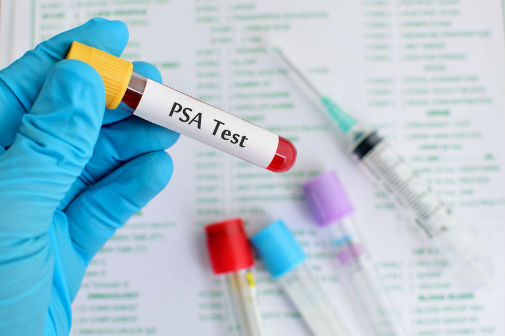 |
| Image courtesy University of York |
Prostate cancers are generally categorized as slow-growing or aggressive. Slow-growing cancers that remain within the prostate can be monitored, sometimes for years before treatment is needed, while aggressive cancers need to be treated quickly.
Saturday, October 13, 2018
Stomach ulcer bacteria might also be linked to colorectal cancer
 |
| Electron micrograph of H. pylori - copy- right free image from Wikipedia |
The study analyzed 4,000 colorectal cancer cases and found a significant correlation between colorectal cancer and those infected with a particularly virulent strain of H. pylori that is especially common among African Americans and Asians.
Saturday, September 22, 2018
Obesity and vitamin D deficiency may boost breast cancer risk
CANCER DIGEST – Sept. 22, 2018 – A new study shows that vitamin D may reduce cancer risk as well as breast cancer mortality, especially in slender or average-weight women.
The study involving 600 Brazilian women showed that obese post menopausal women diagnosed with breast cancer had an increased risk of vitamin D deficiency compared to women of the same age group who did not have breast cancer. The study appears in the September issue of the journal Menopause.
The study involving 600 Brazilian women showed that obese post menopausal women diagnosed with breast cancer had an increased risk of vitamin D deficiency compared to women of the same age group who did not have breast cancer. The study appears in the September issue of the journal Menopause.
Saturday, September 15, 2018
Anti-inflammatory diet linked to lower risk of cancer and cardiovascular diseases
CANCER DIGEST – Sept. 15, 2018 – Adhering to an anti-inflammatory diet was associated with lower risk of dying from cancer as well as cardiovascular causes, according to a new study in the Sept. 2018 Journal of Internal Medicine.
The results showed that the more closely the participants followed an anti-inflammatory diet the lower their risk of dying form cancer or cardiovascular causes.
“Our dose-response analysis showed that even partial adherence to the anti-inflammatory diet may provide a health benefit,” said lead author Dr. Joanna Kaluza, an associate professor at the Warsaw University of Life Sciences, in Poland.
The results showed that the more closely the participants followed an anti-inflammatory diet the lower their risk of dying form cancer or cardiovascular causes.
“Our dose-response analysis showed that even partial adherence to the anti-inflammatory diet may provide a health benefit,” said lead author Dr. Joanna Kaluza, an associate professor at the Warsaw University of Life Sciences, in Poland.
Saturday, September 8, 2018
Test or not to test is the question facing men with regard to prostate cancer
 |
| Illustration courtesy of SonaCare |
Saturday, August 25, 2018
Treatment for severe heartburn prevents cancer
CANCER DIGEST – Aug. 25, 2018 – Medication or surgery to treat severe heartburn prevents cancer of the esophagus, say Swedish researchers at the Karolinska Institute.
In the study, researchers analyzed data from more than 940,000 patients treated for acid reflux between 1964 and 2014 in five Scandinavian countries. Of the those with reflux in the study, about 895,000 received medical treatment. A total of 2,370 of those treated (0.3 per cent) developed cancer of the esophagus during the follow-up period. The study findings are published online Aug. 23, 2018 by the journal JAMA Oncology.
In the study, researchers analyzed data from more than 940,000 patients treated for acid reflux between 1964 and 2014 in five Scandinavian countries. Of the those with reflux in the study, about 895,000 received medical treatment. A total of 2,370 of those treated (0.3 per cent) developed cancer of the esophagus during the follow-up period. The study findings are published online Aug. 23, 2018 by the journal JAMA Oncology.
Saturday, August 18, 2018
Fast-tracked breast cancer drug boosts progression-free survival
| Image courtesy of the Talazoparib Beyond BRCA (TBB) Trial |
Talazoparib is an investigational anticancer drug called a PARP (poly ADP ribose polymerase) inhibitor, which is being evaluated in breast cancer patients with BRCA gene mutations, as well as other cancer types. The international study was led by Jennifer Litton, MD at M.D. Anderson Cancer Center and published in the Aug. 15, 2018 New England Journal of Medicine.
Saturday, August 11, 2018
CLL patients need to be monitored for developing melanoma
CANCER DIGEST – Aug. 11, 2018 – People with a form of leukemia called chronic lymphocytic leukemia (CLL) have a substantially higher risk of melanoma, the deadly form of skin cancer, researcher report.
Although the higher risk of melanoma for CLL patients had been known, a full analysis of the relationship has never been done before researchers led by Clive Zent, MD of the Wilmot cancer Institute reported findings in the August 2018 journal Leukemia Research.
Although the higher risk of melanoma for CLL patients had been known, a full analysis of the relationship has never been done before researchers led by Clive Zent, MD of the Wilmot cancer Institute reported findings in the August 2018 journal Leukemia Research.
Saturday, August 4, 2018
Healthy diet cuts cancer risk
CANCER DIGEST – Aug. 4, 2018 – A diet that encourages both healthy eating and physical activity and discourages alcohol consumption was associated with a reduced overall cancer risk, as well as lower breast, prostate, and colorectal cancer risks.
The World Cancer Research Fund/American Institute for Cancer Research (WCRF/AICR) estimated that in developed countries, around 35 percent of breast cancers and 45 percent of colorectal cancers could be avoided by better adherence to nutritional recommendations.
Many organizations have issued dietary recommendations, but this study evaluated three previously validated nutritional recommendations: The World Cancer Research Fund/American Institute for Cancer Research
Saturday, July 21, 2018
Diabetes increases risk of cancer and even more so for women
CANCER DIGEST – July 21, 2018 – A new population study involving 20 million people has found that having diabetes, either type 1 or 2, increases the risk of cancer compared to people without diabetes.
The researchers, led by Dr. Toshiaki Ohkuma, at the George Institute for Global Health at Oxford University analyzed data from 47 studies from the USA, Japan,
The researchers, led by Dr. Toshiaki Ohkuma, at the George Institute for Global Health at Oxford University analyzed data from 47 studies from the USA, Japan,
Saturday, July 14, 2018
Study Finds Robotic Surgery is as Effective as Open Surgery for Bladder Cancer
 |
| Photo courtesy Loyola University Medical Center |
Saturday, July 7, 2018
High-intensity ultrasound as effective as surgery but with fewer side effects for prostate cancer
 |
| Image courtesy of SonaCare |
In a new study of the treatment called high-intensity focused ultrasound (HIFU), researchers at the Imperial College London and University College London and four other hospitals in the UK tracked 625 men with early stage prostate cancer treated with HIFU for a median of nearly
Saturday, June 30, 2018
Poliovirus significantly boosts survival in deadly brain cancer
 |
| Image courtesy Duke Health |
The early stage clinical trial results of the poliovirus therapy were presented June 26 at the 22nd International Conference on Brain Tumor Research and Therapy in Norway and simultaneously published in June 26, 2018 The New England Journal of Medicine.
Saturday, June 23, 2018
Cyanide drug cuts hearing loss in half in children treated for liver cancer
 |
| Photo courtesy of CDC Early Hearing Detection and Intervention program |
The drug is sodium thiosulphate (STS) and has been used for decades primarily as an antidote to cyanide poisoning, and is also used as a chemical to reduce excess chlorine levels in swimming pools. In the study published in the New England Journal of Medicine, British researchers led by Dr. Penelope Brock for Cancer Research UK treated children with a rare type of childhood liver cancer called hepatoblastoma.
Saturday, June 16, 2018
Higher levels of vitamin D linked to lower colorectal cancer risk in women
CANCER DIGEST – June 15, 2018 – People with higher levels of vitamin D in their blood appear to have protection against colorectal cancer, according to a new study in the Journal of the National Cancer Institute.
Vitamin D plays a key role in maintaining bone health, but research has produced clues that it may also lower the risk of colorectal cancer due to effects on cell growth and regulation, however the studies aimed to evaluate a protective effect have been inconsistent.
Vitamin D plays a key role in maintaining bone health, but research has produced clues that it may also lower the risk of colorectal cancer due to effects on cell growth and regulation, however the studies aimed to evaluate a protective effect have been inconsistent.
Saturday, June 9, 2018
Immunotherapy approach wiped out advanced breast cancer patient's tumors
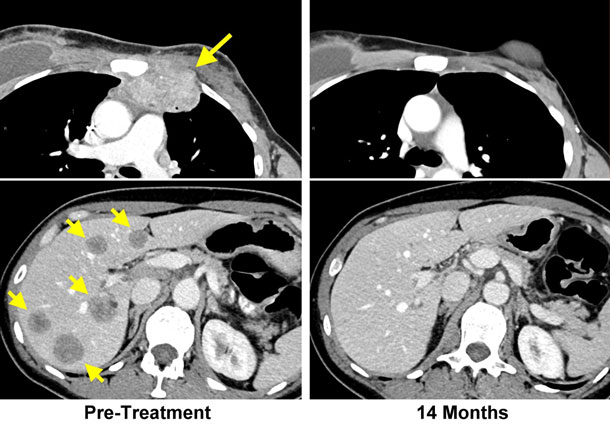 |
CT scans 14 months after treatment (right)
show all tumors have disappeared.
Image provided by National Cancer Institute
|
The patient with metastatic disease had undergone several other treatments, including chemotherapy and hormonal treatments that had not stopped her cancer from progressing.
Monday, May 28, 2018
FDA-approved drug for blood cancer holds promise for aggressive breast cancer
CANCER DIGEST – May 28, 2018 – An already FDA- approved drug for the treatment of certain blood cancers, could significantly inhibit the growth of triple-negative breast cancers, and also treat tumors resistant to chemotherapy.
The drug called decitabine is used to treat myelodysplastic syndrome, a type of cancer that produces abnormal blood forming cells in bone marrow.
The drug called decitabine is used to treat myelodysplastic syndrome, a type of cancer that produces abnormal blood forming cells in bone marrow.
Saturday, May 19, 2018
New regimen could cut cost of breast cancer treatment in half
CANCER DIGEST – May 19, 2018 – A new study shows that treatment with half as much of an expensive breast cancer drug is just as effective as the current treatment regimen.
The study of 4,088 women with HER2-positive, early stage breast cancer showed that 89.4% of women treated for just 6 months with the expensive drug trastuzumab (Herceptin) remained disease free compared to 89.9% of the women treated for 12 months with the drug. The difference is not trivial with a drug that costs about $54,000 per month.
The study of 4,088 women with HER2-positive, early stage breast cancer showed that 89.4% of women treated for just 6 months with the expensive drug trastuzumab (Herceptin) remained disease free compared to 89.9% of the women treated for 12 months with the drug. The difference is not trivial with a drug that costs about $54,000 per month.
Saturday, May 12, 2018
Could fasting help people treated for gastrointestinal cancer?
CANCER DIGEST – May 12, 2018 – In a study in mice, researchers at MIT in Boston have found that fasting caused stem cells in the animals become more regenerative. The researchers also found that they could boost regeneration with a molecule that activates the same metabolic switch.
The study published in the May 3, 2018 issue of the journal Cell Stem Cell, showed that fasting causes cells in the intestine to switch from their usual metabolism, which burns carbohydrates such as sugars, to metabolizing fatty acids. This switch occurs through activation of genetic switches called transcription factors.
The study published in the May 3, 2018 issue of the journal Cell Stem Cell, showed that fasting causes cells in the intestine to switch from their usual metabolism, which burns carbohydrates such as sugars, to metabolizing fatty acids. This switch occurs through activation of genetic switches called transcription factors.
Saturday, May 5, 2018
Osteoprosis drug may be effective for aggressive breast cancer
CANCER DIGEST – May 5, 2018 – A common drug used to treat osteoporosis may be key to halting the most aggressive form of breast cancer, researchers say.
The drug zoledronic acid (Zometa®) is used to treat high blood calcium levels (hypercalcemia) that may occur with cancer. It is used in combination with chemotherapy for cancers of the breast and lung that have spread to bones.
The drug zoledronic acid (Zometa®) is used to treat high blood calcium levels (hypercalcemia) that may occur with cancer. It is used in combination with chemotherapy for cancers of the breast and lung that have spread to bones.
Sunday, April 22, 2018
Four dollar drug might be effective against most aggressive prostate cancers
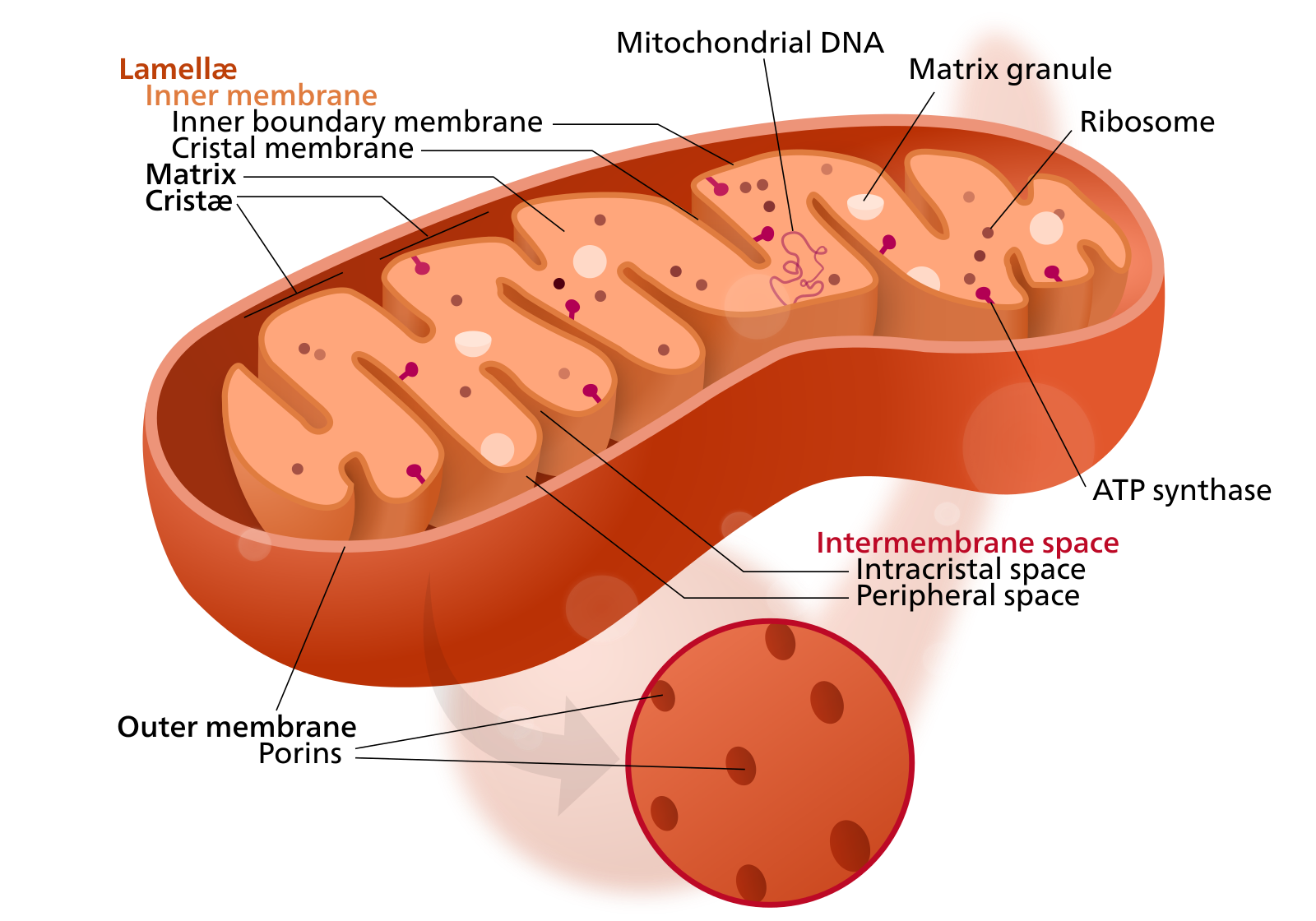 |
| The cell's mitochondria produce the energy that fuels the cell. Metformin may be used to shut down mitochondria in aggressive prostate cancer cells |
The drug metformin has long been linked with anti-cancer properties as numerous studies have shown lower rates of certain cancers among diabetic patients who take the drug, but just how the drug might work against cancer was unknown.
Saturday, April 14, 2018
Double-drug strategy blocks escape route for most lung cancers
| The tumors in the top three rows above were treated with current drugs, the bottom row tumors were treated with the new combination. Image courtesy of UT Southwestern |
The two drugs include a class of drugs called EGFR inhibitors such as Erbitux®, Tarceva® and Iressa®, and the class of TNF inhibitors such as Humira®, Enbrel® and Remicade®.
Sunday, April 8, 2018
New combination shows promise in advanced lung cancer
CANCER DIGEST – April 8, 2018 – A new combination therapy of using an immunotherapy drug, with a new and powerful immune stimulation drug, shows promise in patients whose advanced lung cancer has become resistant to other therapies, preliminary results of a clinical trial shows.
The study is the first time the immune stimulant has been combined with one of the new class of drugs, called checkpoint drugs such as nivolumab (OPDIVO®) and pembrolizumab (Keytruda) according to study leaders Drs. John Wrangle, and Mark Rubinstein, PhD., of the Hollings Cancer Center at the Medical University of South Carolina.
The study is the first time the immune stimulant has been combined with one of the new class of drugs, called checkpoint drugs such as nivolumab (OPDIVO®) and pembrolizumab (Keytruda) according to study leaders Drs. John Wrangle, and Mark Rubinstein, PhD., of the Hollings Cancer Center at the Medical University of South Carolina.
Saturday, March 17, 2018
Medicare will cover genetic tests for cancer patients
CANCER DIGEST – Mar. 17, 2018 – The Centers for Medicare & Medicaid Services (CMS) announced on Mar. 16 that Medicare will cover genetic testing needed to match cancer patients with targeted immunotherapies. Specifically Medicare will cover Next Generation Sequencing (NGS) for patients with advanced cancer that has spread or has relapsed or fails to respond to other therapies.
Saturday, March 10, 2018
UK’s National Health Service to trial mpMRI for prostate cancer
 |
| Patient being positioned for an MRI – image used under Creative Commons share alike license from Wikipedia |
Saturday, February 24, 2018
Trojan Horse targets metastatic cancer
 |
| Image credit: Pellecchia Lab, UC Riverside |
Once cancer metastasizes, or spreads to other parts of the body, there is no current therapy that can target those traveling cancer cells, and chemotherapy is indiscriminate, destroying healthy as well as cancerous cells.
Saturday, February 17, 2018
Accuracy of tests for predicting breast cancer recurrence vary significantly
| Image courtesy Queen Mary University of London |
In a study published in the Feb. 15, 2018 journal JAMA Oncology researchers led by Ivana Sestak, PhD of the Centre for Cancer Prevention at Queen Mary University of London, compared the predictive performance of the four most widely used biomarker analysis tests: Oncotype DX, PAM50, Breast Cancer Index (BCI) and the EndoPredict (EPclin), which all work by looking at the levels of multiple genes related to breast cancer.
Saturday, February 10, 2018
Imaging-first strategy effective for prostate cancer
CANCER DIGEST – Feb. 9, 2018 – An advanced imaging technique is a cost-effective first test for the diagnosis of prostate cancer when followed by a combination imaging-guided biopsy say researchers.
The PROMIS study published in the January 2018 European Urology was designed to compare cost and effectiveness of three diagnostic strategies: transrectal ultrasound-guided biopsy (TRUSB), template prostate mapping biopsy (TPMB), and multiparametric magnetic resonance imaging (mpMRI) for the detection of clinically significant prostate cancer.
Friday, January 19, 2018
Another blood test for cancer shows promise
 |
| Image courtesy Johns Hopkins – Credit: Elizabeth Cook and Kaitlin Lindsay |
The team at Johns Hopkins University of School of Medicine published its findings in the Jan. 18, 2018 journal Science. The test, called CancerSEEK simultaneously evaluates the levels of eight cancer proteins and the presence of cancer gene mutations from circulating DNA in the blood. Five of the cancers currently have no screening test.
Saturday, January 13, 2018
New test predicts age of onset of aggressive prostate cancer
CANCER DIGEST – Jan. 13, 2018 – A new test based on genomic research combined with population research is able to predict the age of onset of aggressive prostate cancer, researchers say.
The tool is based on searches of individual genomes, the entire set of genes that make up an individual, for small variations, called single-nucleotide polymorphisms or SNPs that occur more frequently in people with a particular disease compared to people without the disease.
The tool is based on searches of individual genomes, the entire set of genes that make up an individual, for small variations, called single-nucleotide polymorphisms or SNPs that occur more frequently in people with a particular disease compared to people without the disease.
Subscribe to:
Posts (Atom)






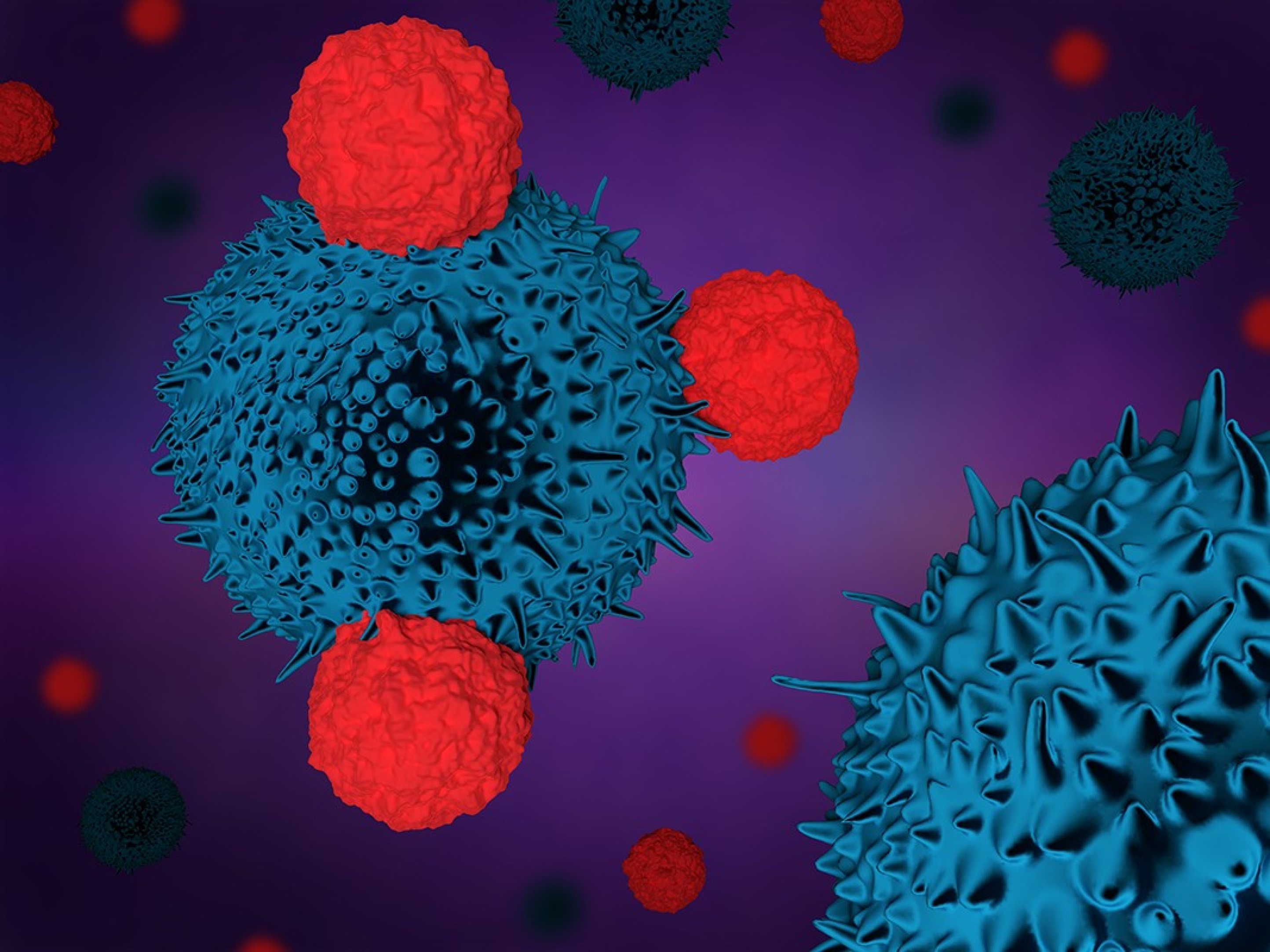




_CRUK_175.svg/600px-Diagram_showing_oesophageal_cancer_that_has_spread_(M_staging)_CRUK_175.svg.png)







